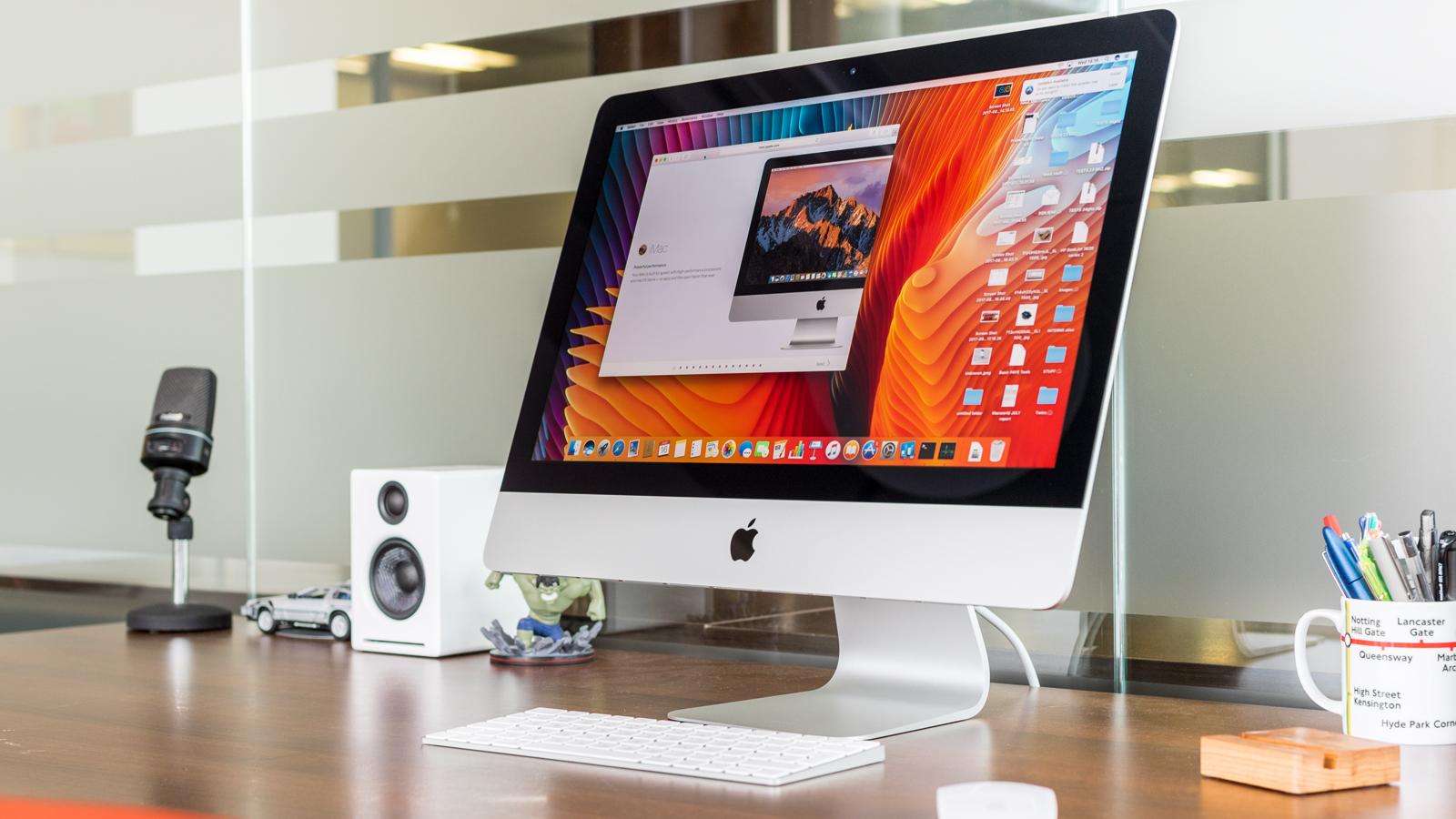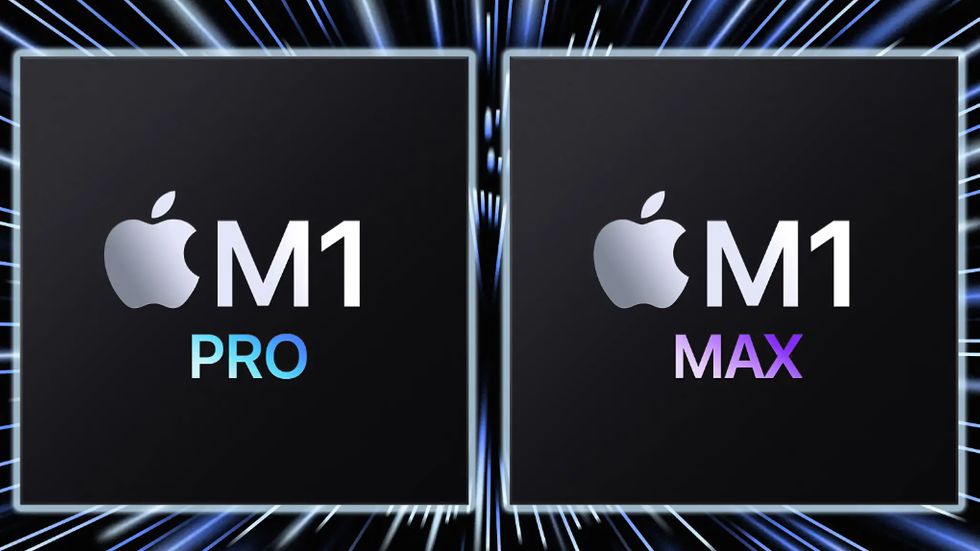I follow a couple of Facebook group for Apple users. They post all sorts of questions and dilemmas that sometimes gives me ideas of what to write about. One thing I have noticed that comes up a lot is people asking whether they should buy a second hand Mac, or for help with a second hand Mac that they have just bought.
These are naturally people who were looking for a bargain. Sometimes they are people for whom this will be their first Mac. But inevitably buying a second hand Mac causes nothing but trouble.
Now there is second hand and there is second hand. You might find a two year old Mac on sale on eBay, in which case, it’s probably safe to buy–although we’d still stay away from Intel models and you do need to make sure that the seller has followed the right steps in preparing the Mac for sale (such as wiping it and disassociating it from their Apple ID). However, we see a lot of posts from people who have bought much older Macs second hand and that’s where the problems arise.
A better solution than buying a used Mac from someone on eBay, would be to buy a refurbished Mac from Apple (UK link) or another company that carries out refurbishments and has a good reputation. At least this way you can rest assured that the Mac is in good working order. Read: Why you should buy a refurbished Mac.
Alternatively you might pick up a good deal from an Apple reseller on a discontinued model (have a look at our various Mac deals for MacBook Air, MacBook Pro, iMac and Mac mini).
The problem when people buy Macs second hand is that they are buying a Mac someone else is replacing. And they have good reason to replace it.
So before you buy that 2009 iMac please stop and read this!
Here are six reasons why it’s a bad idea to buy a second hand Mac:
1. Old Macs aren’t secure
Apple only maintains software support for the current and previous two versions of macOS (at the time of writing that’s Ventura, Monterey and Big Sur). That means that if your Mac doesn’t run at least macOS Big Sur you are out in the cold when it comes to security updates. Using a Mac that is running old software could put you and your data at risk.
Macs supported by macOS Big Sur (which came out in 2020) include:
- MacBook models from early 2015 or later
- MacBook Air models from 2013 or later
- MacBook Pro models from 2013 or later
- Mac mini models from 2014 or later
- iMac models from 2014 or later
- iMac Pro (all models)
- Mac Pro models from 2013 or later
But that doesn’t mean you can confidently buy a Mac from 2013 and expect things to be plain sailing.

Foundry
2. A lack of parts will make fixes difficult
If something goes wrong with your ageing Mac it is very unlikely you will be able to get the parts to fix it and if you can it will probably be very expensive to fix.
Apple considers Macs Vintage seven years after it stops selling them. Once they hit 10 years they are considered Obsolete. Vintage means that Apple might be able to provide parts if they need servicing, but it doesn’t guarantee that it will be able to. Obsolete means that your chance of getting the Apple part is practically nil.
Vintage Macs include the 2016 12-inch MacBook, 2016 13-inch and 15-inch MacBook Pro, 2015 MacBook Air, 2015 21.5-inch and 27-inch iMacs and the 2012 Mac Pro. Obsolete Macs include 2013 and 2014 MacBook Pro and the 2014 iMac. Take a look at Apple’s extensive list and read: How long do Macs last.
3. There won’t be adequate software support
Older Macs may be able to support the latest version of macOS, but they will miss out on many of the flagship features. For example older Macs lack many of the best macOS Ventura and macOS Monterey features. Read: Macs that don’t get Ventura features and Some Monterey features don’t work on Intel Macs.
Along with Apple not updating the older version of macOS it is probable that software developers won’t update the software you are using too. Again this could leave you at risk from vulnerabilities and flaws in the software.
4. Performance will be disappointing
It’s likely that an older Mac – even one that was incredibly powerful in its day – will struggle to perform modern tasks. There is the slim possibility that you may be able to upgrade the RAM and other components in an older Mac to make it better suited to todays tasks, but the money you spend on upgrading an old Mac would be better spent on something newer.
An old Mac is likely to be unreliable. Expect unexpected shutdowns and crashes to plague your day.
5. It will be Intel
Apple has moved from Intel to its own processors that are much much better than anything on offer before.
Buying an Intel Mac now is buying a machine that has no future. Intel Macs are left for dust by their Apple Silicon successors (M1, M1 Pro, M1 Max and M1 Ultra, M2, M2 Pro and M2 Max. Not only will that leave you in the slow lane, it will also make the Mac harder to sell or pass on in the future.

Foundry
6. There are better ways to save money…
Even if you are desperate for a bargain Mac our advice is do not buy secondhand. You would be much better off buying a Mac mini, which you can get for £699/$699, looking out for a deal on a new Mac, or buying from Apple’s refurbished store where at least old Macs are serviced first and you get a full year’s warranty. See: Where to buy a refurbished MacBook or Mac and Why you should buy a refurbished Mac.
Take a look at our round up of the best Apple deals, which is updated regularly. Plus we have the following Mac deals round ups:
But don’t buy secondhand, you’ll regret it.
If you do want to buy a used Mac though, we recommend the following places, at least you will know the Mac has been thoroughly checked and will work!
In the U.S.:
In the U.K.:


